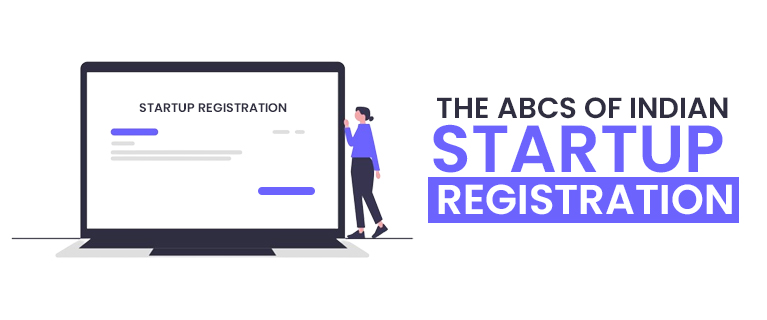5 Easy Steps to Startup India Registration

Are you an aspiring entrepreneur looking to register your startup in India? The Startup India initiative by the Government of India aims to foster innovation and promote entrepreneurship by providing various benefits and support to startups. Registering your startup under this initiative can open doors to numerous opportunities and resources. Here are five easy steps to guide you through the Startup India registration process: 1. Check Eligibility Criteria: Before you begin the startup registration process , ensure that your startup meets the eligibility criteria set by the Startup India initiative. Your startup should be incorporated as a private limited company, a registered partnership firm, or a limited liability partnership (LLP). It should also be less than ten years old and have an annual turnover not exceeding ₹100 crores. 2. Register on the Startup India Portal: Visit the official Startup India portal (startupindia.gov.in) and create an account. Provide the necessary detail...





